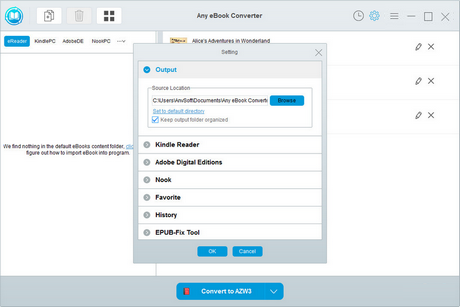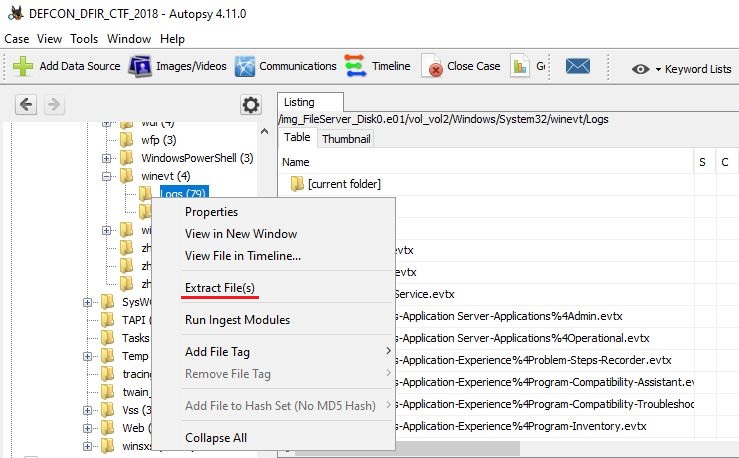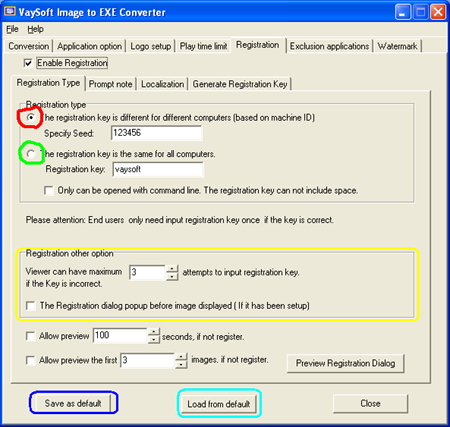
 Copying the raw Security log (Security.evtx) off the Windows host and parsing it locally. This script will search the Security log on the local Windows host for Events with EventID 4624, pull specific fields (IP, Domain, Username, Workstation), sort and uniq the results, then write the output to a CSV file. Using the included Powershell script, sleat-collect.ps1.
Copying the raw Security log (Security.evtx) off the Windows host and parsing it locally. This script will search the Security log on the local Windows host for Events with EventID 4624, pull specific fields (IP, Domain, Username, Workstation), sort and uniq the results, then write the output to a CSV file. Using the included Powershell script, sleat-collect.ps1.  Visualizing the relationship of logon events across the environment using Graphvizīefore performing analysis, logon events must first be collected from a Windows host. Identifying workstations/accounts connecting from an IP address that wasn’t included (or conveniently forgotten!) in the scoping documents. Identifying workstations/accounts connecting from the CDE. Identifying workstations belonging to privileged users. Sleat is a collection of scripts for collecting, parsing, and analyzing logon events from Windows Security logs. Introducing Sleat - an overview of the problem Sleat was written to solve, along with some examples of how it fits into the context of a penetration test. Latest development can be found on GitHub. attrib in fields : # If we don't have a specified field filter list, print all # Otherwise filter for only those fields within the list json_data ] = data. nsmap ) json_data = for data in event_data. Yields: (dict): A dictionary containing the filtered record information Example: > filtered_logins = filter_events_json( > get_events("System.evtx", parse_xml=True), > event_ids=, > fields= > ) > for filtered_login in filtered_logins: > print(json.dumps(filtered_login, indent=2)) """ for evt in event_data : system_tag = evt. fields (list): Collection of fields from the XML data to include in the JSON output. Each element should be a string value, even though the identifier is an integer. event_ids (list): A list of event identifiers. Preferably the result of the :func:`get_events()` method.
Visualizing the relationship of logon events across the environment using Graphvizīefore performing analysis, logon events must first be collected from a Windows host. Identifying workstations/accounts connecting from an IP address that wasn’t included (or conveniently forgotten!) in the scoping documents. Identifying workstations/accounts connecting from the CDE. Identifying workstations belonging to privileged users. Sleat is a collection of scripts for collecting, parsing, and analyzing logon events from Windows Security logs. Introducing Sleat - an overview of the problem Sleat was written to solve, along with some examples of how it fits into the context of a penetration test. Latest development can be found on GitHub. attrib in fields : # If we don't have a specified field filter list, print all # Otherwise filter for only those fields within the list json_data ] = data. nsmap ) json_data = for data in event_data. Yields: (dict): A dictionary containing the filtered record information Example: > filtered_logins = filter_events_json( > get_events("System.evtx", parse_xml=True), > event_ids=, > fields= > ) > for filtered_login in filtered_logins: > print(json.dumps(filtered_login, indent=2)) """ for evt in event_data : system_tag = evt. fields (list): Collection of fields from the XML data to include in the JSON output. Each element should be a string value, even though the identifier is an integer. event_ids (list): A list of event identifiers. Preferably the result of the :func:`get_events()` method. 
Arguments: event_data (genertor): Iterable containing event data as XML. If a list of fields are provided, it will filter the resulting JSON event object to contain only those fields. If found, it will return a JSON formatted object per event.

Def filter_events_json ( event_data, event_ids, fields = None ): """Provide events where the event id is found within the provided list of event ids.








 0 kommentar(er)
0 kommentar(er)
